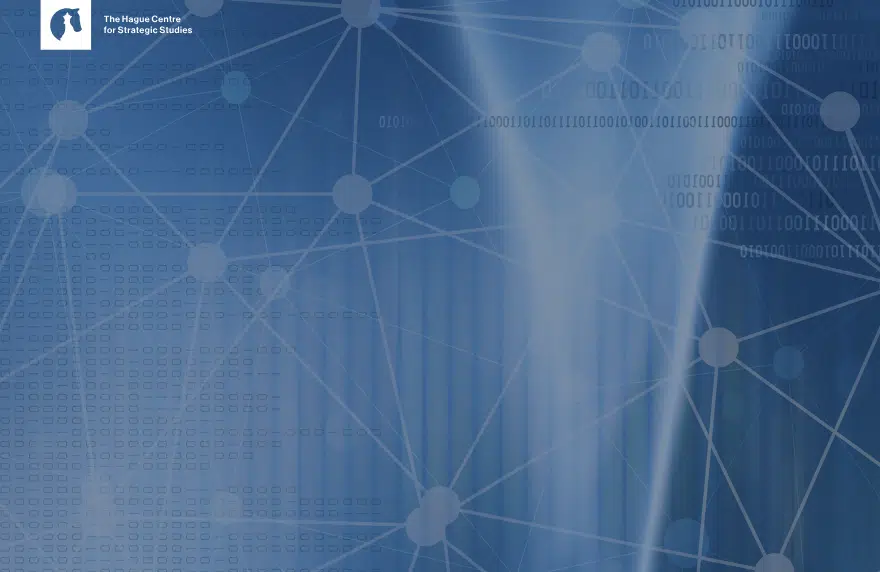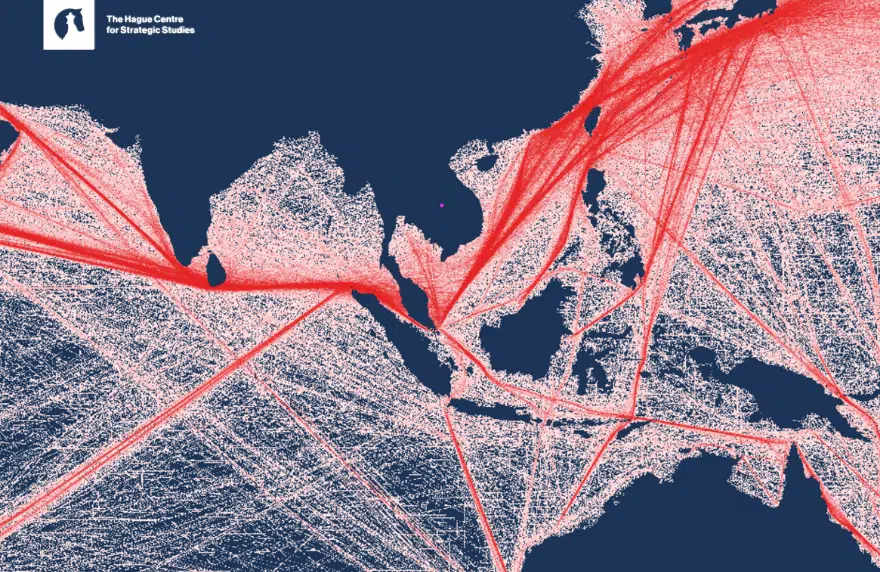Research
Foreign Information Manipulation and Interference (FIMI) poses an evolving and systemic threat to democratic institutions and societal cohesion in both the Indo-Pacific and Europe. As state and non-state actors increasingly exploit the digital information environment to influence public opinion and weaken democratic processes, the need for coordinated policy responses has become urgent.
This policy brief by Benedetta Girardi provides a comprehensive overview of the FIMI threat landscape across the two regions, identifying shared vulnerabilities, common tactics, and the unique regional contexts that shape how these threats manifest.
FIMI campaigns often rely on deceptive, coordinated efforts that blend traditional influence operations with new digital tools, including AI, social media manipulation, and diaspora outreach.
Despite differing political and institutional frameworks, Europe and the Indo-Pacific share key structural vulnerabilities—fragmented media ecosystems, weak platform governance, and declining trust in institutions—which make them similarly susceptible to FIMI.
To address this shared threat, the brief offers three high-level policy recommendations:
(1) standardize definitions and strategic language across the regions;
(2) build joint solutions for common threats despite diverging objectives; and
(3) address root vulnerabilities through whole-of-society approaches.
Recognizing that FIMI is not geographically bound but globally enabled, the brief highlights the need for more unified, proactive, and systemic countermeasures that transcend regional boundaries.
This analysis sets the stage for the second brief in the series – “Building Bridges: Euro-Indo-Pacific Cooperation for resilient FIMI Strategies” by Laura Jasper – which explores pathways for deepened Europe–Indo-Pacific cooperation on building resilience against FIMI.
Author: Benedetta Girardi
With contributions by Laura Jasper, Timur Ghirotto and Davis Ellison.
The research was made possible through a financial contribution from the Embassy of Australia in the Netherlands to the Hague Centre for Strategic Studies (HCSS). Responsibility for the contents and for the opinions expressed, rests solely with the authors.








